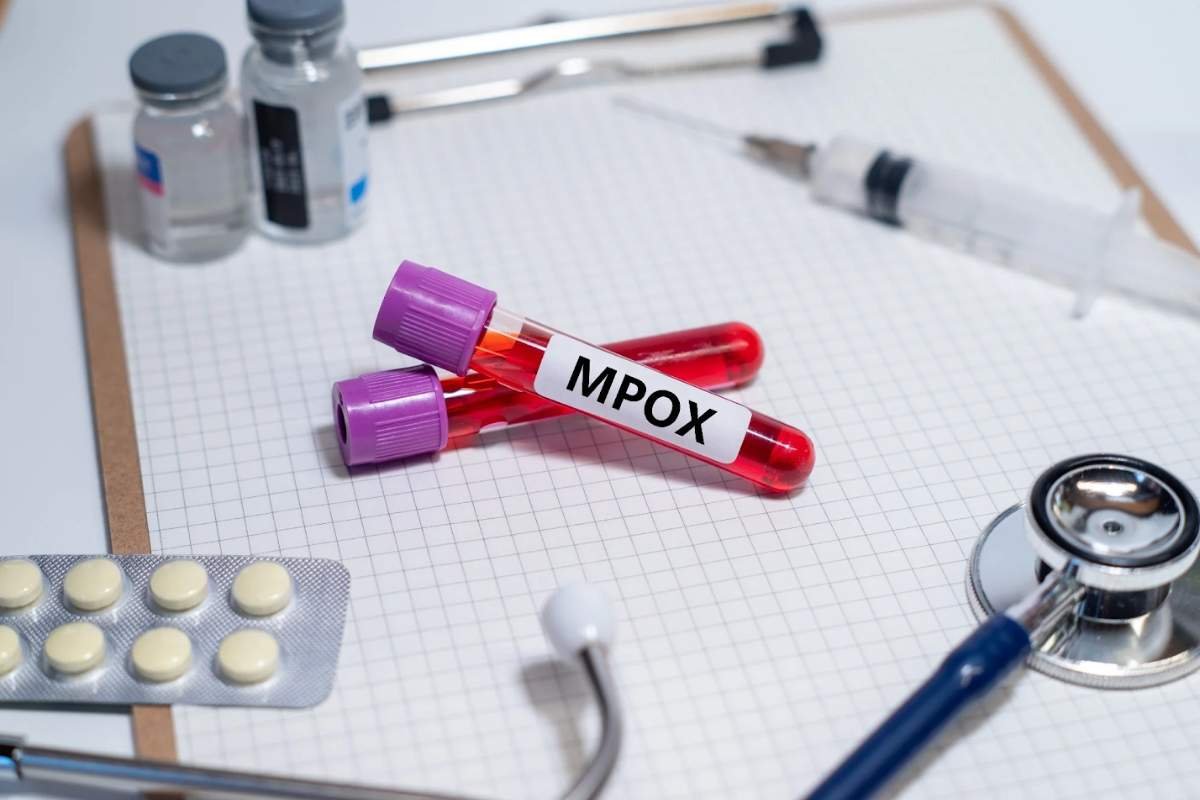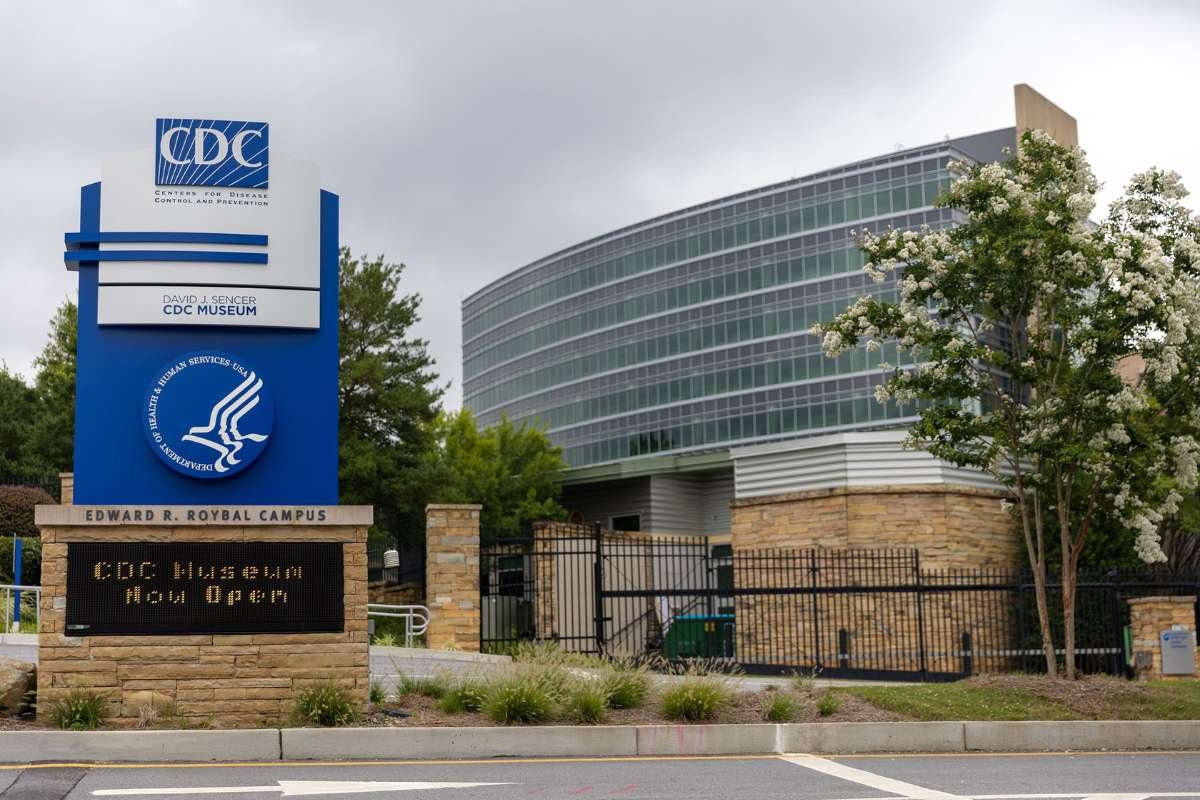(Source-news-medical)
Recent research highlights the moderate effectiveness of the MVA-BN vaccine in controlling the global mpox outbreak, providing insights into future public health strategies.
Global Efforts to Contain Mpox Spread
A new study published in The BMJ has confirmed the effectiveness of the modified vaccinia Ankara-Bavarian Nordic (MVA-BN) vaccine in protecting against mpox. Mpox, a viral disease closely related to smallpox, emerged as a global health concern in May 2022, with over 20 countries diagnosing cases for the first time. In response, the World Health Organization (WHO) declared a public health emergency of international concern in July 2022, urging the use of second-and third-generation smallpox vaccines, like MVA-BN, to protect high-risk groups from infection.
The MVA-BN vaccine, a third-generation smallpox vaccine containing a non-replicating virus, was first used in Ontario, Canada, in June 2022, primarily as a post-exposure prophylaxis for men who have sex with men (MSM) and sex workers. Due to a limited supply, only a single dose was initially administered, despite recommendations for a second dose after 28 days. By late September 2022, a two-dose vaccination program was initiated. While earlier observational data suggested vaccine effectiveness ranging from 36% to 86%, these findings were potentially skewed by confounding factors.
Study Methodology and Findings
The study aimed to estimate the true vaccine effectiveness of MVA-BN using a more comprehensive high-risk population and carefully matched cohorts. The research included 9,803 men, all of whom were over 18 years old and had tested positive for at least one bacterial sexually transmitted infection (STI) in the past year. These participants had also either received laboratory confirmation of their diagnosis or were prescribed pre-exposure prophylaxis for HIV within the previous year.
All participants received the MVA-BN vaccine between June 12, 2022, and October 27, 2022, with the rates of mpox infections compared between vaccinated and unvaccinated individuals 15 days post-vaccination. The study followed the participants over a 153-day period, during which 71 mpox infections were diagnosed—21 in the vaccinated group and 50 in the unvaccinated group.
The results showed that the rate of mpox infection was significantly lower in the vaccinated group, with 0.09 cases per 1,000 person-days compared to 0.20 in the unvaccinated group. This corresponded to a vaccine effectiveness of 58% after a single dose. Importantly, no significant reduction in mpox or bacterial STI rates was observed in the first two weeks post-vaccination, confirming that protection began thereafter.
Conclusion and Future Implications of MVA-BN Vaccine
The study’s findings suggest that a single dose of the MVA-BN vaccine provides moderate protection against mpox. These results are consistent with previous research conducted in countries with high exposure rates to the virus. However, the study’s relatively small cohort size and potential confounding factors, such as smallpox vaccination history and reduced access to healthcare, may have influenced the findings, possibly leading to an overestimation of vaccine effectiveness.
Despite these limitations, the study reinforces the importance of administering two doses of the MVA-BN vaccine to control local outbreaks. Additionally, public health strategies should focus on modifying high-risk sexual behavior, ensuring early diagnosis, and encouraging prompt isolation in conjunction with vaccination efforts to prevent future mpox outbreaks.
Also Read: The Lifescience Magazine








